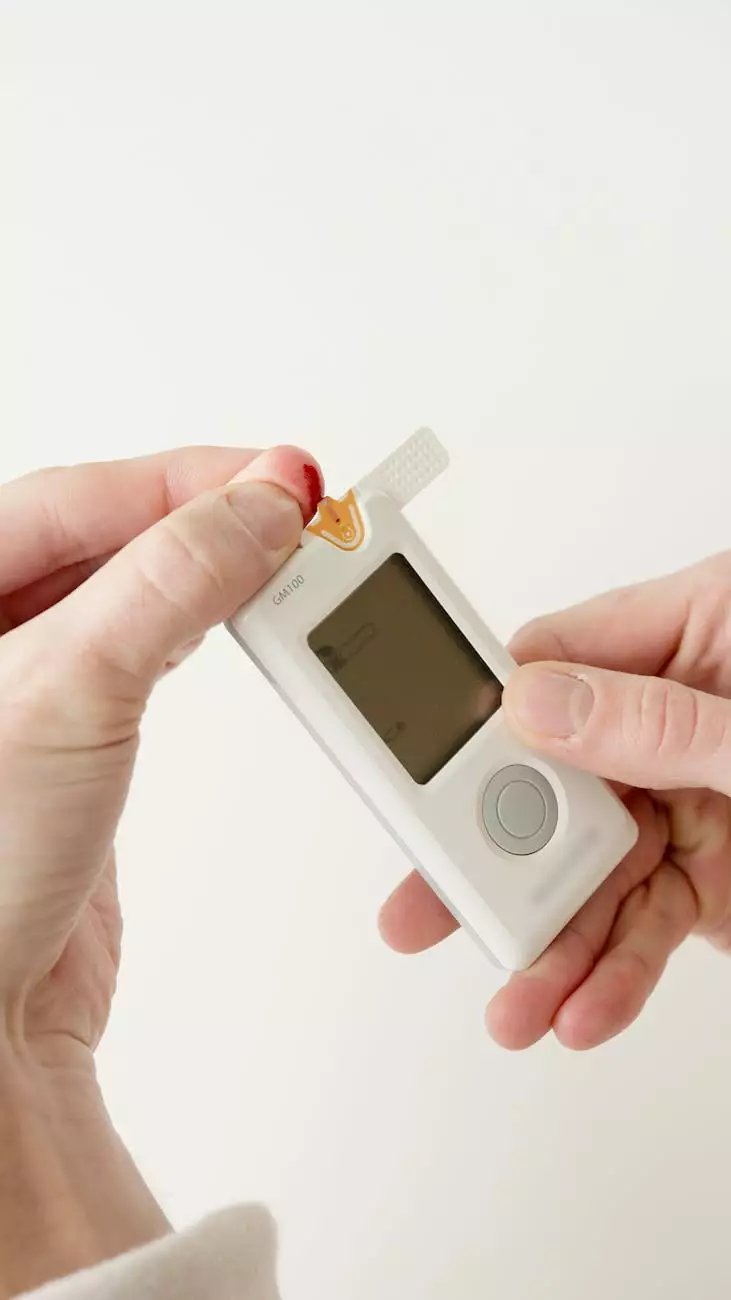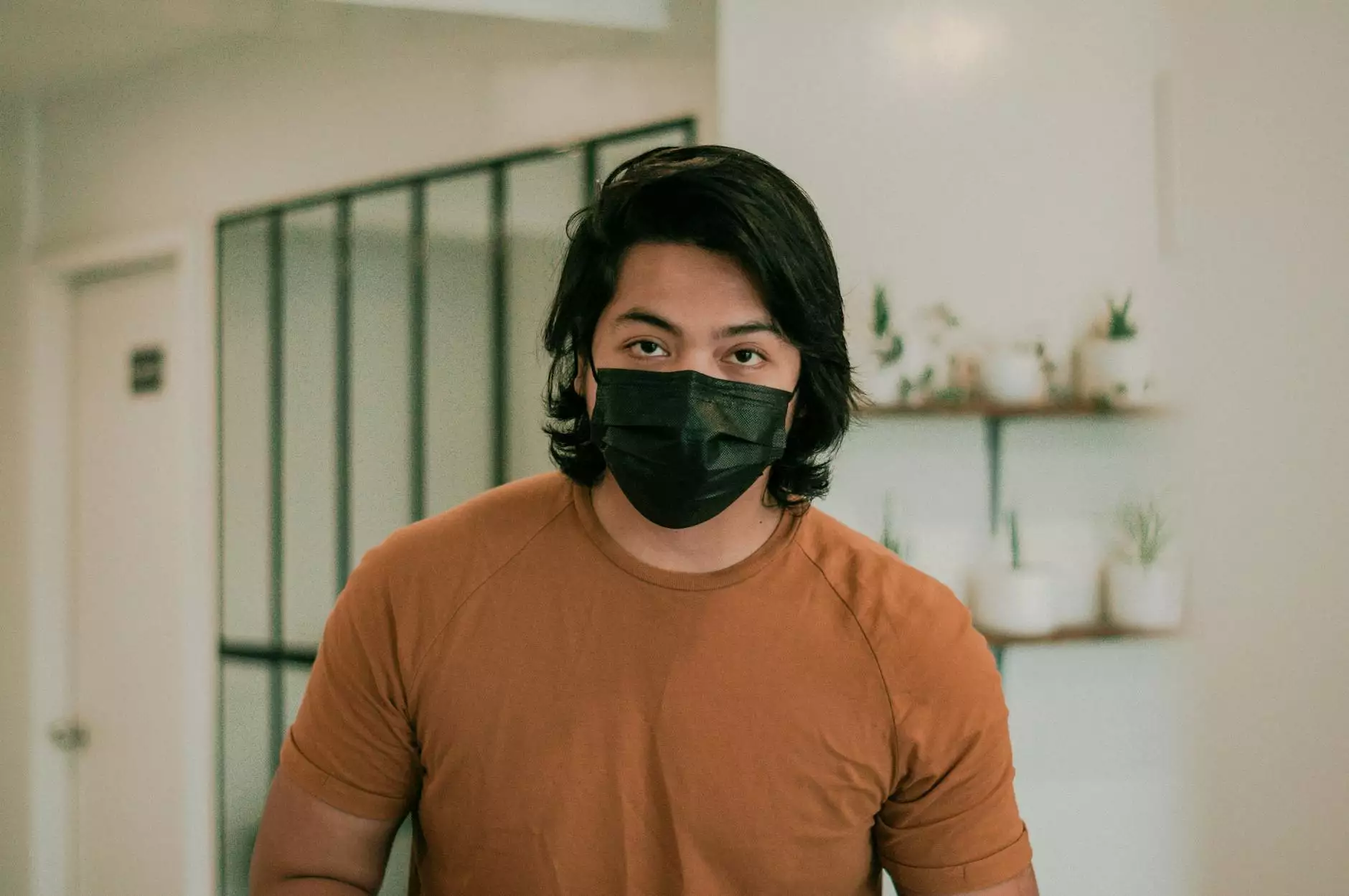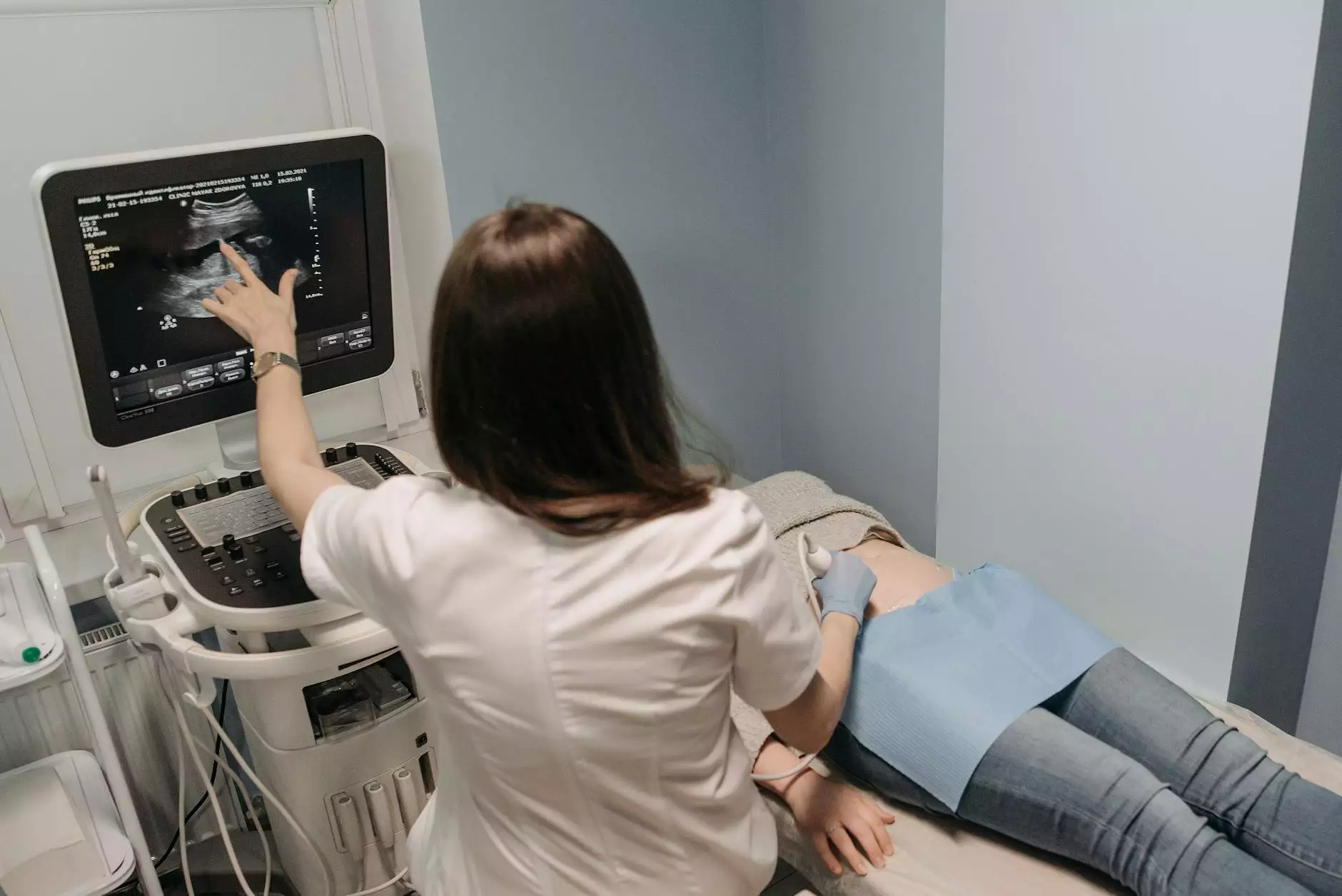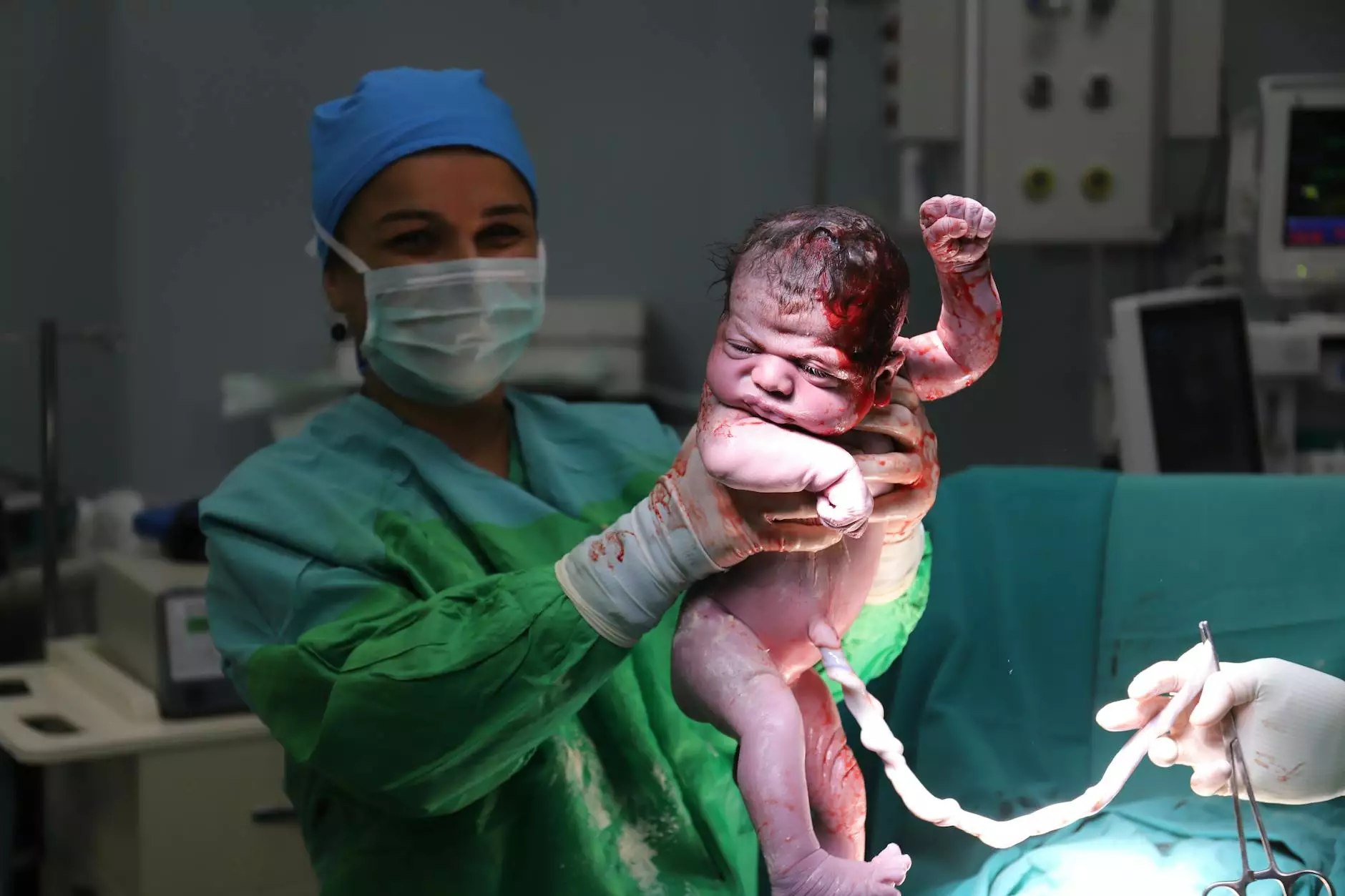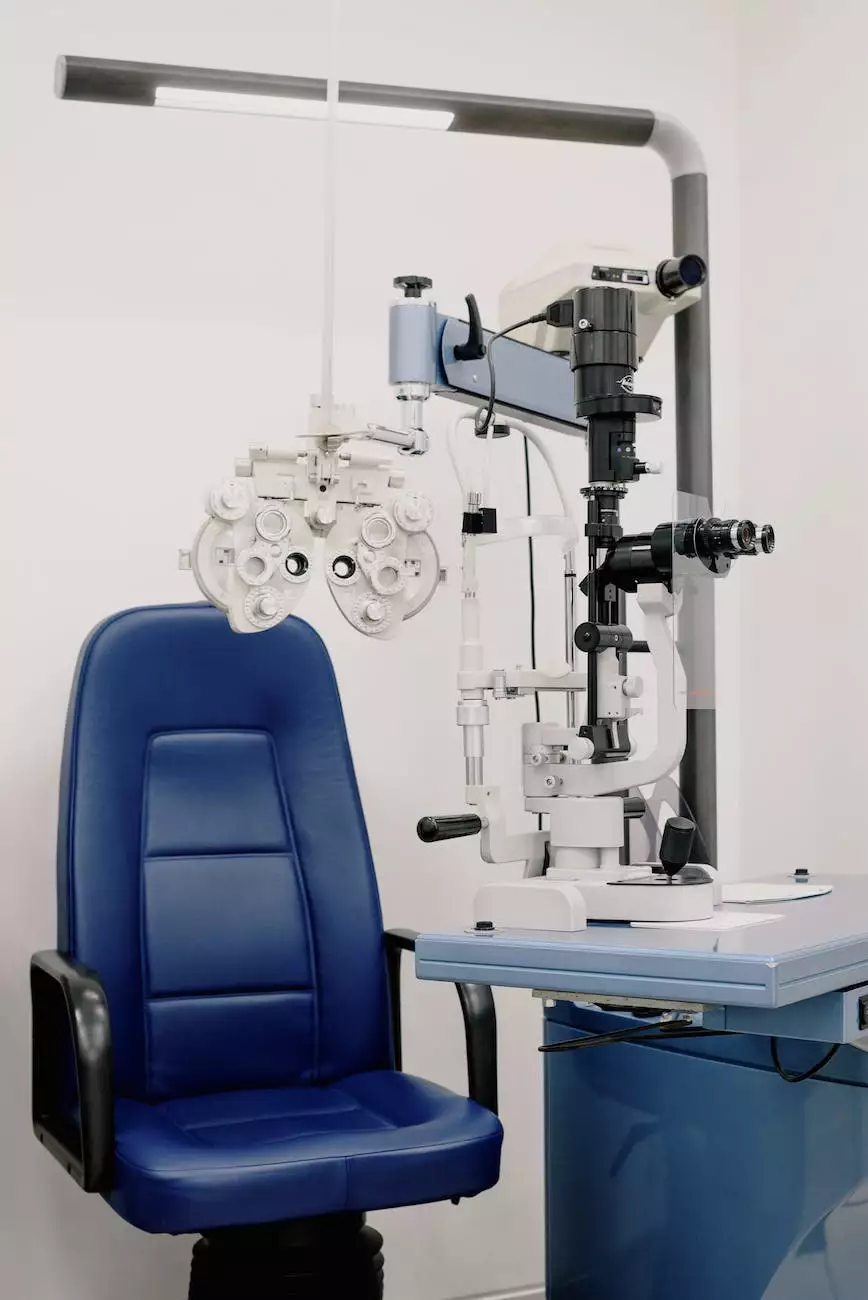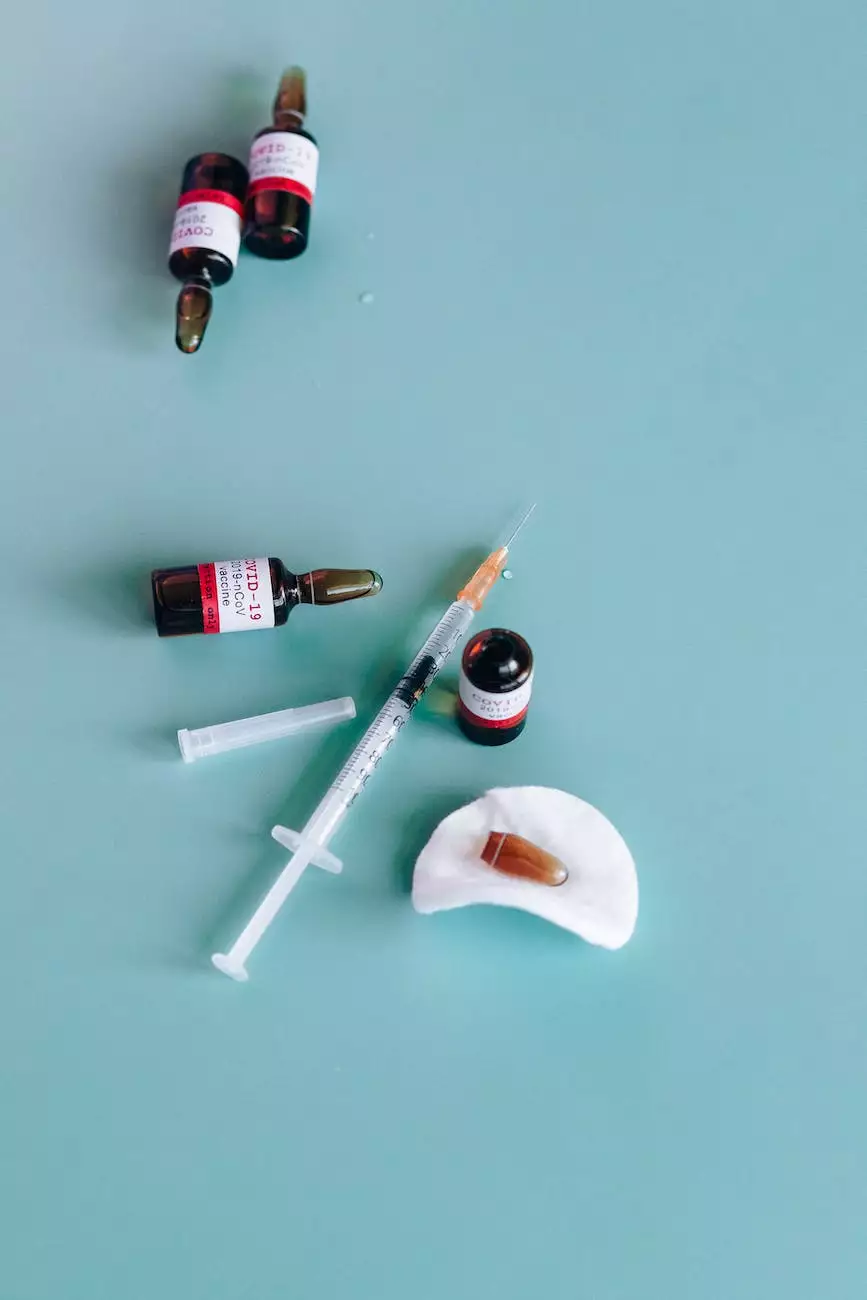Colonoscopy: A Comprehensive Guide
Health Equity
Introduction
Welcome to Norton Community Medical Associates, your trusted healthcare provider in the field of gastroenterology. In this detailed guide, we will provide you with comprehensive information about colonoscopy, a common procedure used to diagnose and treat various conditions in the digestive system. Our experienced team of experts is here to ensure your safety and comfort throughout the process.
What is Colonoscopy?
Colonoscopy is a medical procedure that allows our gastroenterologists to visually examine the inner lining of the large intestine, also known as the colon. It involves the use of a long, flexible tube called a colonoscope, which is equipped with a light and a camera at its tip. The colonoscope is carefully inserted through the rectum and navigated through the colon to detect any abnormalities, such as polyps, inflammation, or signs of disease.
Why is Colonoscopy Performed?
Colonoscopy serves both diagnostic and therapeutic purposes. It is commonly performed to:
- Detect and remove polyps: Colon polyps are abnormal growths that can potentially turn into colorectal cancer. During a colonoscopy, our skilled specialists can identify and remove polyps, reducing the risk of developing cancer.
- Screen for colorectal cancer: Regular colonoscopy screenings are recommended starting at the age of 50 to detect any signs of colorectal cancer early on, when it is more treatable.
- Evaluate digestive symptoms: If you experience unexplained rectal bleeding, changes in bowel habits, abdominal pain, or other gastrointestinal issues, a colonoscopy may help identify the underlying cause.
- Monitor inflammatory bowel disease (IBD): For patients diagnosed with conditions like Crohn's disease or ulcerative colitis, regular colonoscopies are important for monitoring disease progression and assessing treatment effectiveness.
- Investigate anemia: Chronic or unexplained anemia may require detailed examination of the colon to identify potential sources of bleeding.
Preparing for Colonoscopy
Proper preparation is crucial to ensure the effectiveness and safety of the procedure. Our team will provide you with specific instructions tailored to your individual needs, but here are some general guidelines to follow:
- Clear liquid diet: Typically, you will be required to consume only clear liquids such as water, broth, and gelatin a day before the procedure to clear the colon.
- Bowel preparation: A laxative, either in liquid or pill form, will be prescribed to help cleanse your colon. You may need to take this the day before the procedure.
- Medication adjustments: It is important to inform your doctor about all the medications you are currently taking, as some may need to be temporarily stopped or adjusted before the colonoscopy.
- Transportation arrangements: Since you will be receiving sedation during the procedure, you will not be able to drive afterward. Make sure to arrange for someone to accompany you and drive you home.
During the Colonoscopy Procedure
Your comfort and safety are our top priorities during the colonoscopy process. Here's what you can expect:
- Sedation: You will be given medication to help you relax and minimize any discomfort. Most patients do not remember the procedure.
- Colonoscope insertion: The colonoscope is gently inserted into your rectum and gradually advanced through the colon. This may cause some slight pressure or cramping, but it should not be painful.
- Visual examination: As the colonoscope moves through your colon, the camera at its tip captures images, which are displayed on a monitor. Our specialists carefully examine the images for any abnormalities.
- Polyp removal: If any polyps are detected, our skilled gastroenterologists can remove them using specialized tools passed through the colonoscope. This procedure is painless.
- Tissue samples: In some cases, small tissue samples, called biopsies, may be taken for further analysis in the laboratory. This is also a painless procedure.
After the Colonoscopy
Following the colonoscopy, you will be monitored in a recovery area until the effects of sedation wear off. Our team will provide you with specific instructions regarding post-procedure care, including:
- Diet and activities: You may need to take it easy for the rest of the day and gradually resume your normal diet.
- Results and follow-up: Our gastroenterologists will discuss the findings of the colonoscopy with you and provide recommendations for further care or screenings if necessary.
- Possible side effects: Some temporary side effects, such as bloating, cramping, and gas, may occur but should resolve on their own.
- Monitoring risk and prevention: Depending on the results, our team will guide you on future screenings and prevention strategies to maintain a healthy colon.
Conclusion
In conclusion, colonoscopy is a valuable procedure in the field of gastroenterology that plays a critical role in diagnosing and preventing colorectal cancer, detecting and removing polyps, and addressing various digestive disorders. At Norton Community Medical Associates, we strive to provide you with the highest level of care, ensuring your comfort, safety, and overall well-being. Schedule an appointment with our experienced team today and take proactive steps towards your digestive health!


